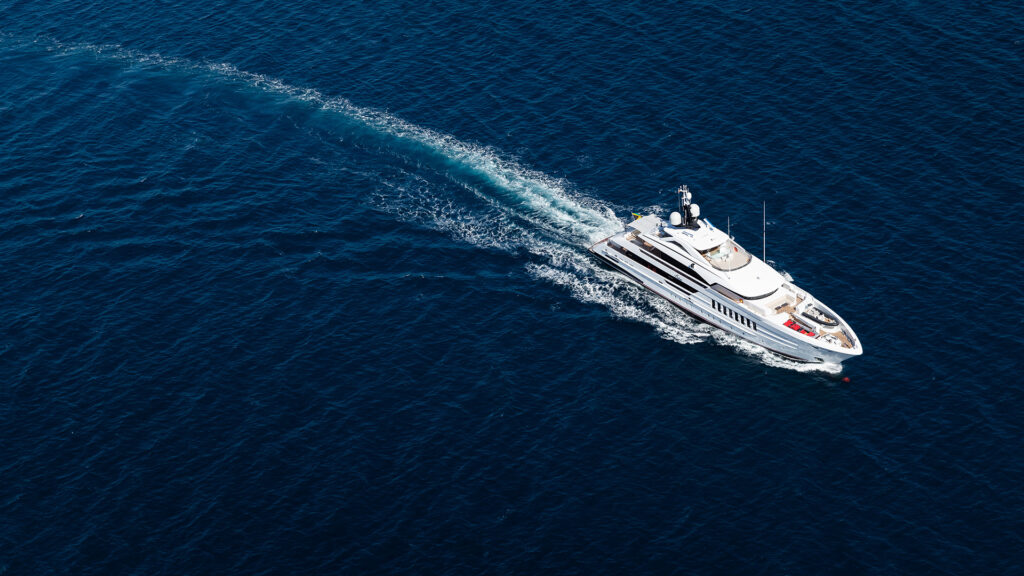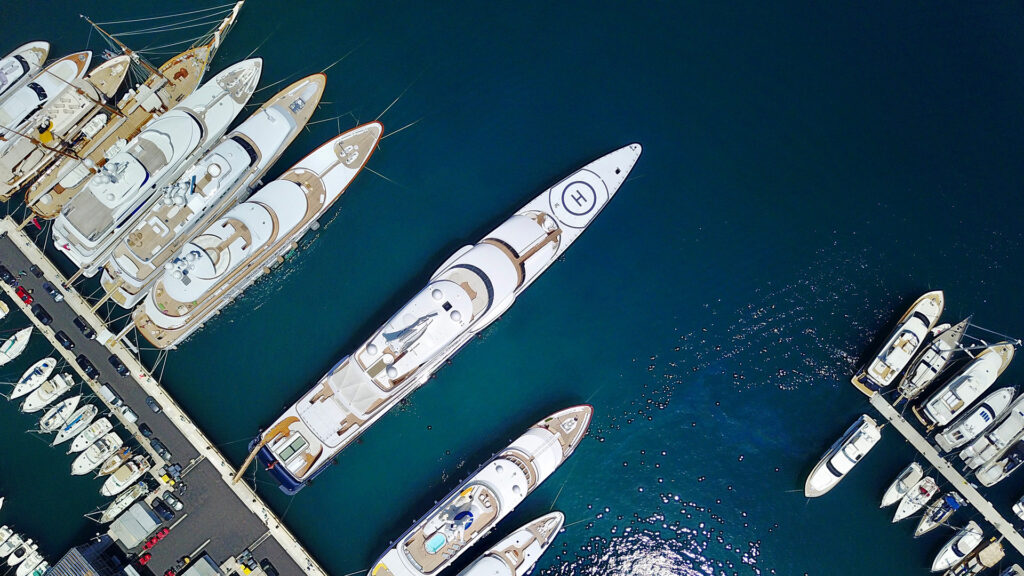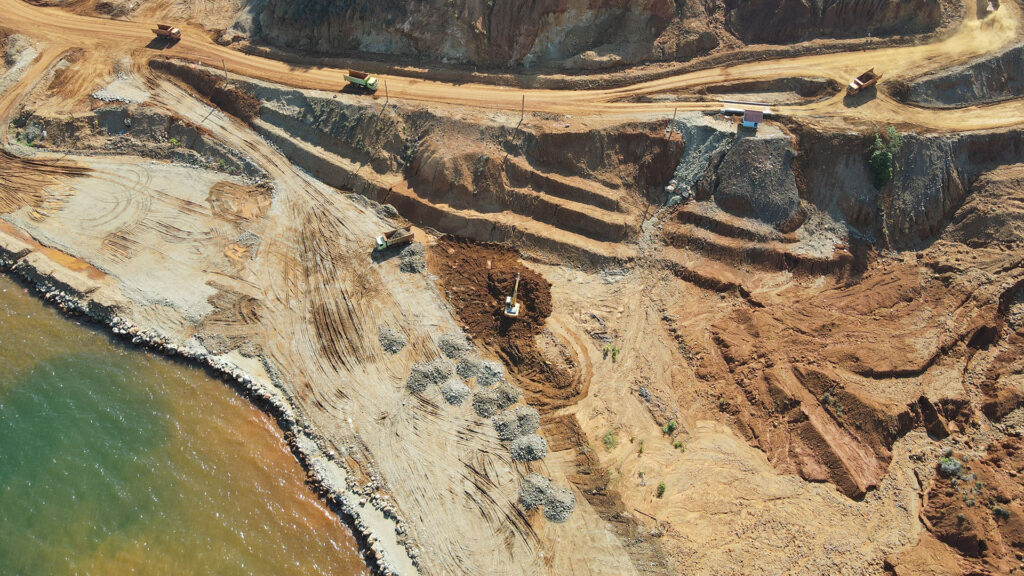
Maritime finance in the Middle East – the IF solution, January 2016
This article was first published in IFN Volume 12 issue, December 2015 and is reproduced with permission. http://www.islamicfinancenews.com.
The maritime sector and ship owning is a capital intensive business. The capital costs incurred to purchase assets and the cashflows required to operate the assets are high. Over the last eight years, as the debt markets entered the more difficult phase of the cycle, offshore marine companies with steady cashflows, creditworthy counterparts and physical assets that were available to financiers as security started looking for other financing options.
A lot of time and efforts were expended on looking at the availability of Islamic finance to operators within the Gulf. The maritime sector’s asset based businesses offer Islamic financiers with an attractive asset class that fits into traditional Islamic financing structures, with assets over which security can be taken. As a consequence, Islamic banks have increasingly competed for the maritime business. These aspects, together with the fact that many of the regions offshore marine operators have good working relationships, and large numbers of contracts, with national oil companies or multinational oil companies has made offshore marine operators attractive customers and Islamic finance has been growing.
Over the last decade, there has been a growing amount of activity in the marine Islamic finance market. Standard Chartered Bank, Noor Bank PJSC, Abu Dhabi Islamic Bank PJSC have been involved in a number of Islamic finance transactions with companies such as the Stanford Marine Group, the Abu Dhabi based Gulf Marine Services and Zakher Marine. Dubai Islamic Bank, together with Tufton Oceanic, created Islamic compliant investment funds so that investors would be able to participate in investments in the global shipping markets.
More recently, the local markets have seen a number of significant Islamic finance transactions in the offshore marine sector. Deals such as the AED1.2 billion Islamic financing transaction provided to the Stanford Marine Group (led by Noor Bank PJSC) and the US$420 ijara financing facility made available to Zakher Marine (arranged by Abu Dhabi Islamic Bank PJSC) are all good examples of how Islamic banks have increased their market share within the offshore marine market in the UAE. The US$1.04 billion sukuk issued by Bahri emphasises that not just Islamic banks can be a source of financing. Finally, the US$550 million dual-tranche Conventional/Islamic financing to Topaz Marine (arranged by HSBC and Standard Chartered Bank) shows how Islamic finance can even work together with conventional finance.
HFW have acted on many of the transactions mentioned above and from our experience, we have observed a number of features that we believe have encouraged the growth of this area:
- Liquidity: following the global financial crisis, it was clear that most conventional European banks were adversely affected by the downturn, had limited funds to deploy, and so were less interested in developing a shipping or offshore marine portfolio. However, many Islamic banks based in the Middle East had excess liquidity and were looking for customers that would help diversify their customer base – with such banks having a significant exposure to the property market or property market related businesses.
- Asset-backed financing: one of the most difficult aspects in Islamic finance is to structure the transaction to enable the customer to obtain the commercial terms required. Financing physical, registrable assets such vessels is conceptually more appealing for traditional Islamic finance techniques such as leases.
- Strength of businesses: while the shipping and transportation markets experienced one of the worst downturns in the history of shipping, the offshore marine/oilfield services market remained quite buoyant due to the strength of the counterparts, being national oil companies, international oil companies and other oil and gas contractors.
- Increasing sophistication: the regional Gulf banks have been investing in developing their know-how and as more funds have been deployed into the maritime sector, the types of products available and the expertise of the banks has increased significantly. The types of structures we have seen have evolved significantly from traditional ijara transactions, to commodity murabaha-based transactions, to the dual tranche Islamic/Conventional transactions. This has provided customers with a very broad spectrum of products and increased flexibility within which their commercial needs can be met.
Ultimately, both the banks and their customers have benefitted from the development of this niche industry and the sector looks reasonably strong. Of course, the recent fall in oil prices does create some challenges for offshore marine companies and their financiers. However, many of the Islamic finance products that are in operation are not “non-recourse” transactions where the only recourse is to the underlying asset and the transactions are very much based on the corporate strength of the customer, together with the customer’s track record in operating offshore. As a consequence, we continue to expect Islamic finance to be an important part of the marine finance market in the Middle East for the foreseeable future.
For more information please contact Tien Tai, Partner, on +971 4 423 0578 or tien.tai@hfw.com, or your usual contact at HFW.
Download a PDF version of ‘Maritime finance in the Middle East – the IF solution, January 2016’






-1024x576.jpg)

-1024x576.jpg)


